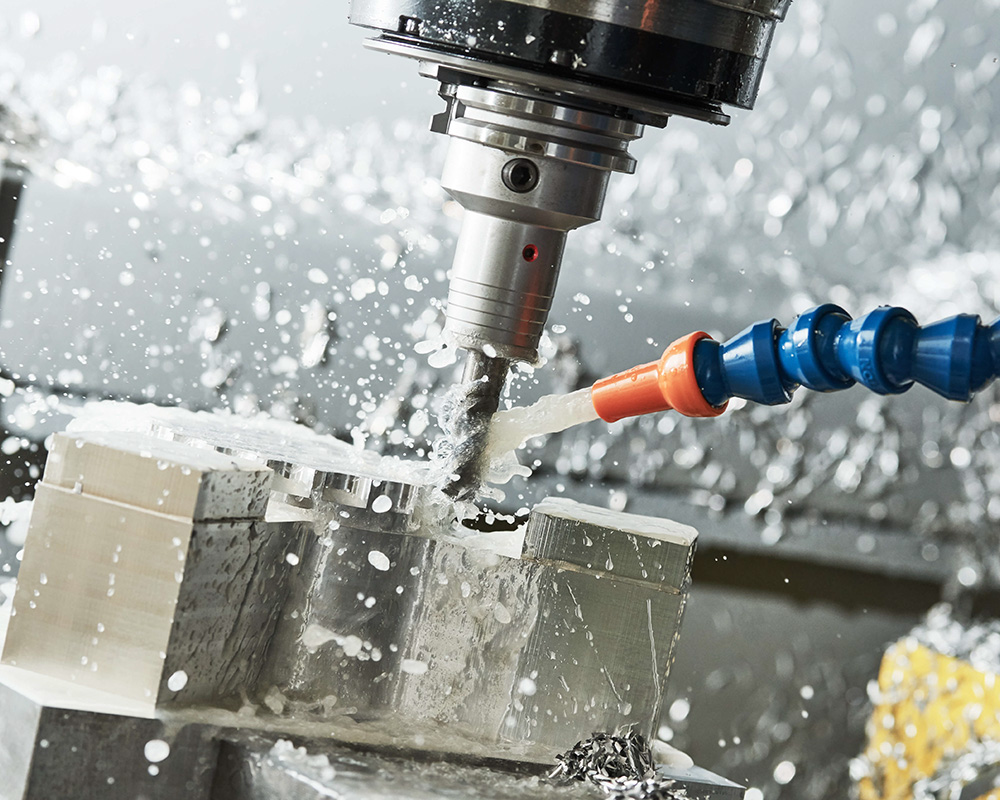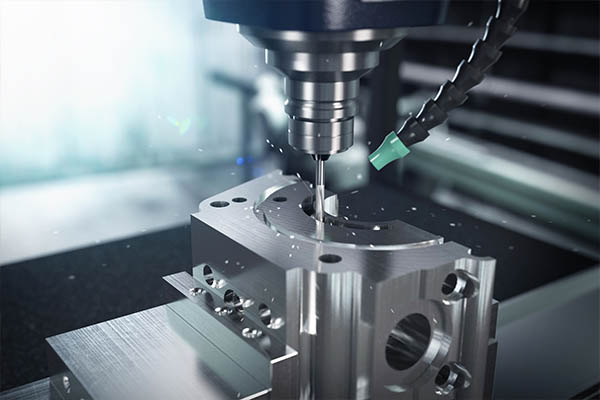CNC Machining Services: Precision and Innovation in Trendy Manufacturing
CNC Machining Services: Precision and Innovation in Trendy Manufacturing
Blog Article
CNC machining, or Computer Numerical Control machining, is now a fundamental element of modern manufacturing. It can provide a level of precision, consistency, and efficiency that wasn't possible with traditional methods. Automating the operation of machine tools through computers, CNC manufacturing allows companies to make complex pieces with incredible precision. From the automotive and aerospace sectors to the electronics industry and health care, CNC machining is utilized across many fields to design complex components that need high precision. The integration of computers into the manufacturing process has revolutionized the method by which products are developed and constructed, setting new standards of quality and efficiency.
The core feature of CNC Machining is the capacity to transform digital drawings into physical parts. By using computer-aided design (CAD) software engineers and designers can create precise 3D models of the desired component. These digital designs are then converted into precise commands, or "G-code," which the CNC machine follows to perform tasks like cutting, drilling, or milling. Digital control provides an extremely high degree of precision that manual machine machining can't attain. Also, when a design has been integrated into the machine it can be repeated precisely, creating identical pieces in large amounts without the need for manual adjustments. It's crucial for repeatability in industries where precision and uniformity are crucial.
One of the significant advantages of CNC machining is its versatility when working with a broad selection of material. It doesn't matter if manufacturers deal with hard metals like steel and titanium, or with softer materials such as wood and plastic, CNC machines can be adapted to handle various cutting and shaping tasks. This flexibility can make CNC manufacturing suitable for pieces across a variety of industries including medical equipment and aerospace components, to automotive and consumer electronics. CNC machining is able to produce complex geometries that require precision tolerances has made CNC machining the go-to process for producing intricate parts that would be difficult and even unattainable to produce using traditional methods.
One of the main benefits of CNC machining efficiency is that it's efficient. With the help of automation, machining the manufacturers are able to significantly cut the amount of time needed for the production of parts, leading to quicker production times and reduced costs. As CNC machines work 24/7 with minimal human supervision it is possible to increase production without compromising the quality. The level of automation eliminates the danger of human error by ensuring that every component produced is to exactly the specifications specified within the electronic model. Additionally, CNC machining allows for "lights-out" manufacturing, where machines continue to operate even after workers have left, further boosting productivity and reducing labor costs. To find more information kindly visit www.premiumparts.com/services/cnc-machining
CNC machine is also renowned for its flexibility in terms of the types of materials it is able to work with. It can handle everything from steel, aluminum, and titanium, to plastics, wood, even carbon fiber, CNC machines can work with a wide range of components suitable for a range of uses. This flexibility can make CNC machining suitable for a wide range of sectors, each with unique needs for the materials. For instance, the medical industry typically needs components using biocompatible materials such as titanium, while the automotive industry makes use of durable metallics such as steel to make components for engines. However, regardless of the type of material used, CNC machines can deliver precision cuts and consistently produced results, ensuring that the final product meets the performance requirements and lasts standard.
Another challenge in CNC machining lies in the programing and setting of machines. Although CNC machines remove a lot of the manual work involved with manufacturing however, they require experienced technicians to design and input all the programs needed. These technicians must have expertise in CAD/CAM (Computer-Aided Design/Computer-Aided Manufacturing) software and understand the specific machining requirements of each project. Unintentional programming mistakes can result in defective components waste materials and machine downtime. Furthermore, the initial configuration of the machine could take a long time, particularly for complex projects that require numerous tools or operation. Once the machine is correctly configured and programmed the machine can create parts at a remarkable rate and with great accuracy, minimizing the potential for failures in subsequent runs.